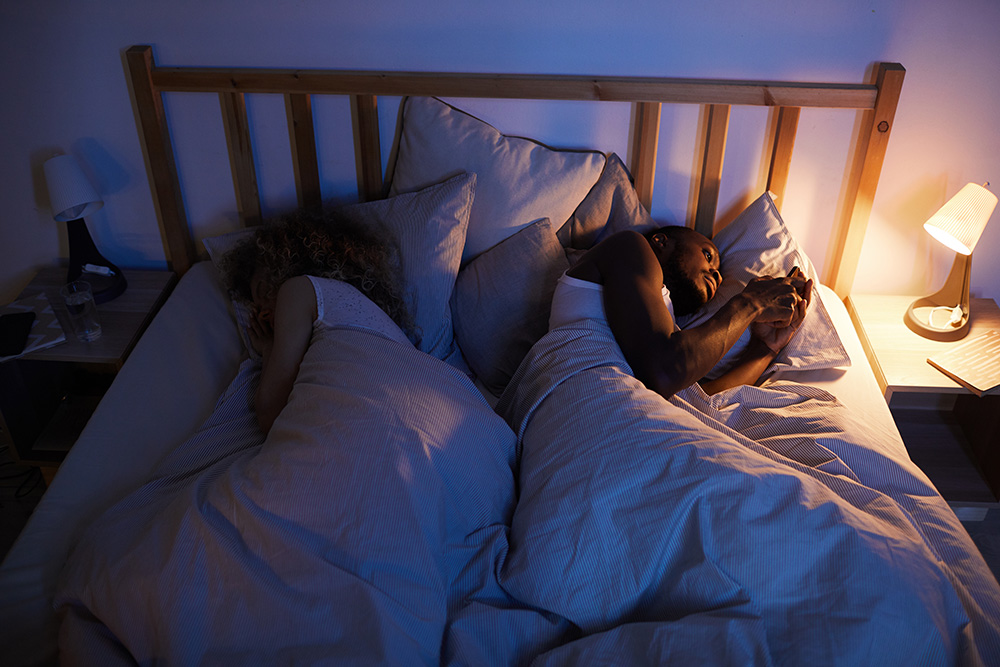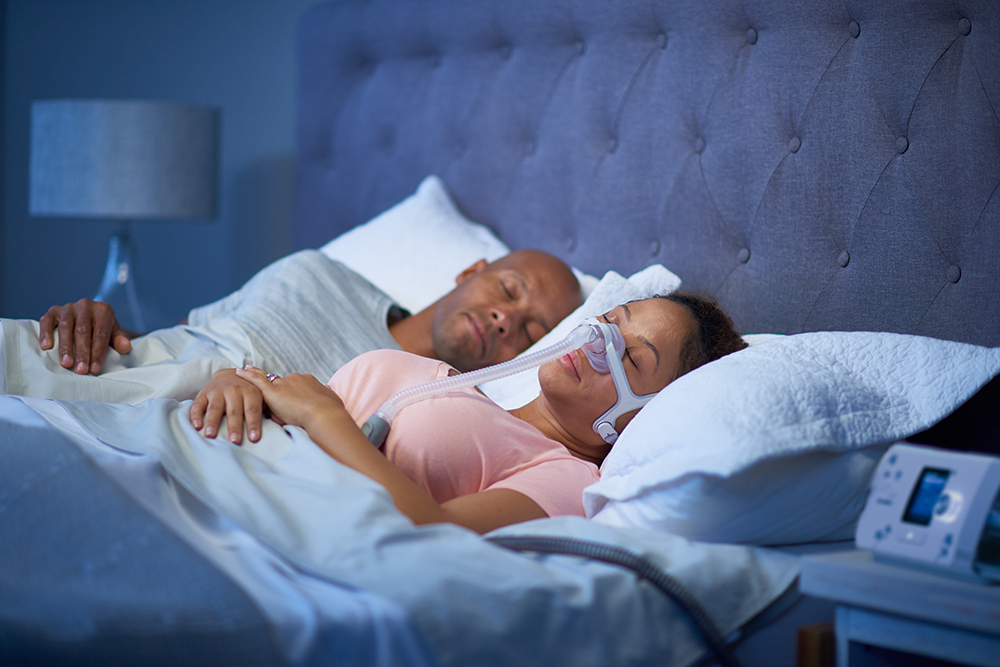World Sleep Day is an annual event that is celebrated on the third Friday of March. This day is dedicated to raising awareness about the importance of good sleep and the health consequences of sleep disorders. Sleep disorders are a common problem that affects millions of people worldwide. Understanding the causes, symptoms, and treatment options for sleep disorders is essential to promote healthy sleep habits and improve overall health.
Causes of Sleep Disorders
Sleep disorders can be caused by a variety of factors. Some of the most common causes include:
Medical Conditions: Certain medical conditions, such as sleep apnea, restless leg syndrome, and narcolepsy, can interfere with a person’s ability to sleep.
Lifestyle Choices: Lifestyle choices, such as alcohol consumption, caffeine intake, and smoking, can also impact a person’s ability to sleep.
Stress: Stress can cause insomnia and other sleep disorders by disrupting the natural sleep cycle.
Environmental Factors: Environmental factors, such as noise, light, and temperature, can affect a person’s ability to fall asleep and stay asleep.
Symptoms of Sleep Disorders
The symptoms of sleep disorders can vary depending on the type of disorder a person is experiencing. However, some of the most common symptoms include:
Difficulty Falling or Staying Asleep: People with sleep disorders may have trouble falling asleep or staying asleep throughout the night.
Daytime Fatigue: Sleep disorders can cause daytime fatigue, which can interfere with daily activities.
Mood Changes: Sleep disorders can cause mood changes, such as irritability and depression.
Snoring: Snoring can be a symptom of sleep apnea, a common sleep disorder.
Sexual Dysfunction: When a person has difficulty getting or maintaining an erection for long enough to have sexual intercourse. This can be a symptom of sleep apnea.
Treatment Options for Sleep Disorders
There are several treatment options available for sleep disorders. The most appropriate treatment will depend on the type and severity of the sleep disorder. Some of the most common treatment options include:
- Lifestyle Changes: Making lifestyle changes, such as reducing caffeine intake, quitting smoking, and exercising regularly, can help improve sleep habits.
- Medications: Medications, such as sleeping pills, can be prescribed to help people with sleep disorders fall asleep and stay asleep.
- Therapy: Therapy, such as cognitive-behavioral therapy, can help people with sleep disorders change their behaviors and attitudes toward sleep.
- Medical Devices: Medical devices, such as continuous positive airway pressure (CPAP) machines, can be used to treat sleep apnea.
Conclusion
Sleep disorders can have a significant impact on a person’s health and well-being. Understanding the causes, symptoms, and treatment options for sleep disorders is essential to promote healthy sleep habits and improve overall health. If you are experiencing symptoms of a sleep disorder, it is important to seek medical attention to receive an accurate diagnosis and appropriate treatment. By taking steps to improve your sleep habits, you can improve your quality of life and reduce your risk of developing sleep-related health problems.




